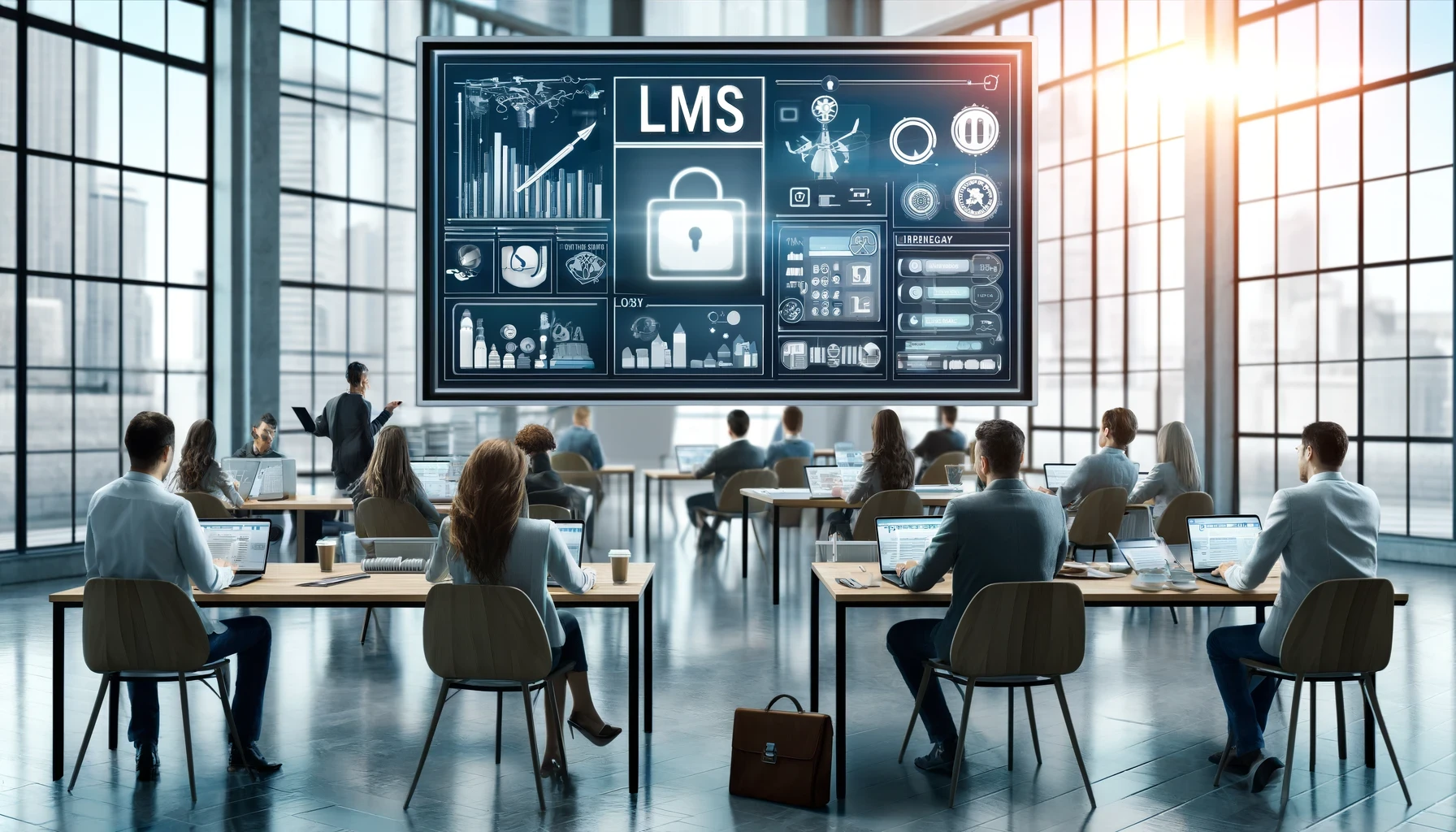In today’s fast-paced business environment, staying ahead of the competition requires a highly skilled and adaptable workforce. Traditional methods of employee training are no longer sufficient to meet the evolving needs of modern organizations. This is where Learning Management Systems (LMS) come into play, revolutionizing the way companies train and develop their employees.
Why Traditional Training Methods Fall Short
Traditional training methods, such as classroom-based sessions and printed manuals, are often time-consuming, expensive, and inflexible. These methods can disrupt daily operations and are challenging to scale, especially for organizations with geographically dispersed teams. Additionally, tracking the effectiveness of such training programs can be difficult, making it hard to measure ROI.
The LMS Advantage
An LMS offers a comprehensive solution to these challenges by providing a digital platform for creating, delivering, and managing training programs. Here’s how LMS platforms are transforming employee training:
- Accessibility and Flexibility – One of the biggest advantages of an LMS is the ability to access training materials anytime, anywhere. Employees can learn at their own pace, fitting training around their work schedules. This flexibility not only increases engagement but also ensures that training is not disruptive to business operations.
- Personalized Learning Paths – LMS platforms allow for the creation of personalized learning paths tailored to individual employee needs. By leveraging data and analytics, organizations can identify skill gaps and provide targeted training to address these areas. This personalized approach enhances the learning experience and improves overall competency.
- Cost-Effective Training – Implementing an LMS can significantly reduce training costs. There are no travel expenses, venue rentals, or printed materials to worry about. Additionally, online training can be scaled effortlessly, allowing companies to train large numbers of employees without a corresponding increase in costs.
- Consistent Training Delivery – With an LMS, organizations can ensure consistent delivery of training content across all locations. This consistency is crucial for maintaining high standards and ensuring that all employees receive the same quality of training, regardless of where they are based.
- Interactive and Engaging Content – Modern LMS platforms support a variety of content types, including videos, quizzes, and interactive simulations. These engaging formats make learning more enjoyable and effective, helping employees retain information better than traditional lecture-based approaches.
- Real-Time Tracking and Analytics – One of the most powerful features of an LMS is its ability to track and analyze training activities in real-time. Managers can monitor progress, assess the effectiveness of training programs, and make data-driven decisions to improve them. This level of insight is invaluable for continually enhancing the learning experience.
- Compliance and Certification Management – For industries with strict regulatory requirements, an LMS can simplify compliance training and certification management. Automated reminders for mandatory training sessions and expiring certifications help ensure that all employees remain compliant without manual tracking.
Preparing for the Future
As technology continues to advance, the capabilities of LMS platforms will only grow. Artificial intelligence (AI) and machine learning are poised to further personalize learning experiences, while virtual reality (VR) and augmented reality (AR) offer exciting possibilities for immersive training environments. Organizations that embrace these innovations will be well-positioned to develop a highly skilled and agile workforce ready to tackle future challenges.

Conclusion
The future of employee training lies in the adoption of LMS platforms that offer flexibility, personalization, cost-effectiveness, and data-driven insights. By transitioning to an LMS, companies can not only improve the efficiency and effectiveness of their training programs but also create a culture of continuous learning that drives long-term success.
Investing in an LMS is not just about keeping up with the latest trends; it’s about future-proofing your organization by equipping your employees with the skills they need to thrive in an ever-changing world.
